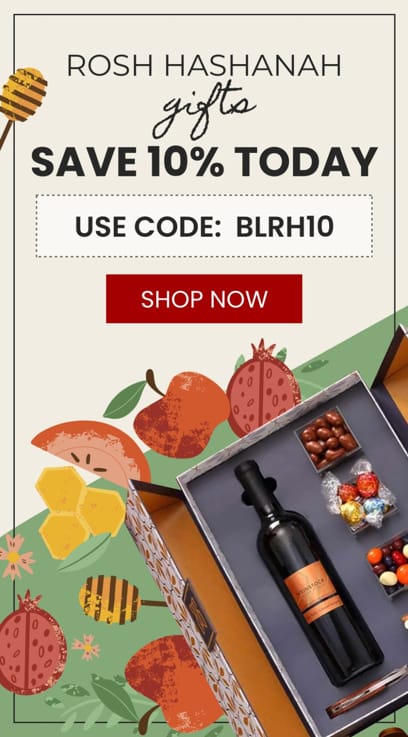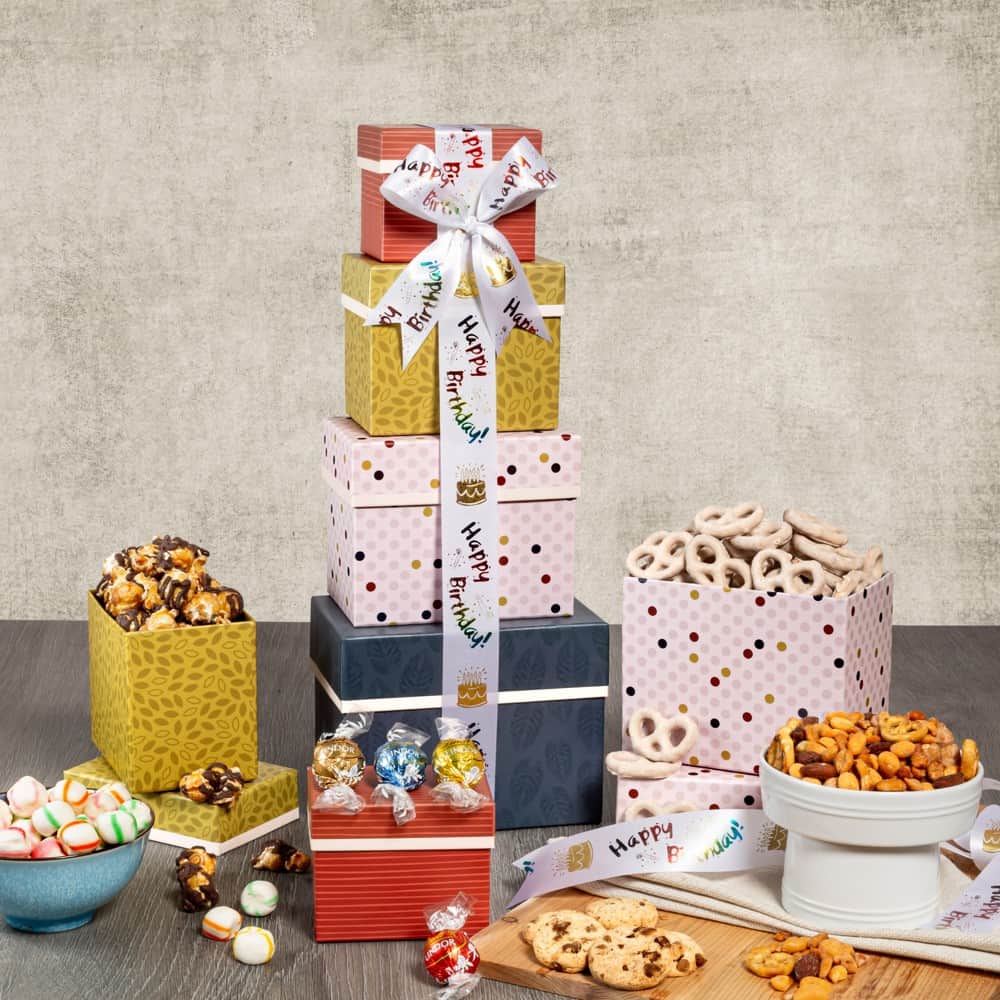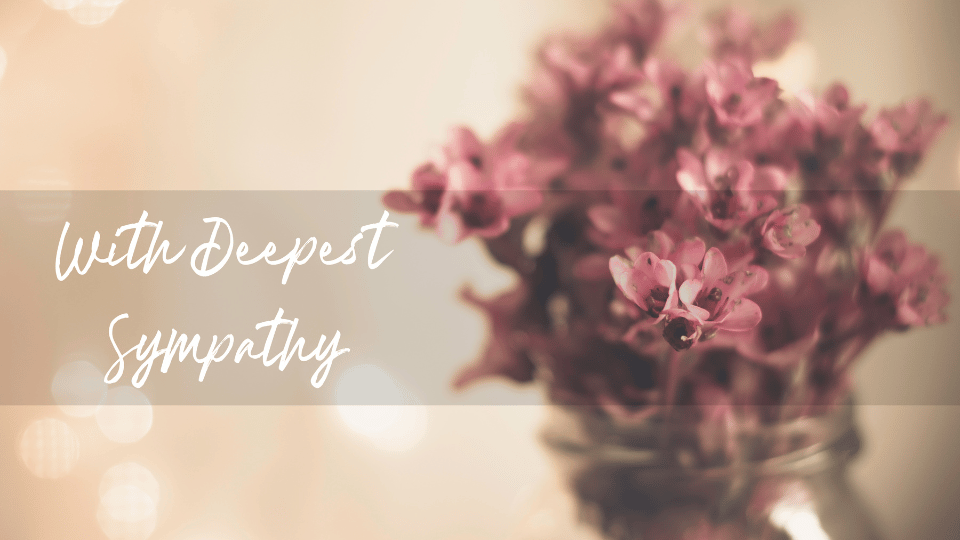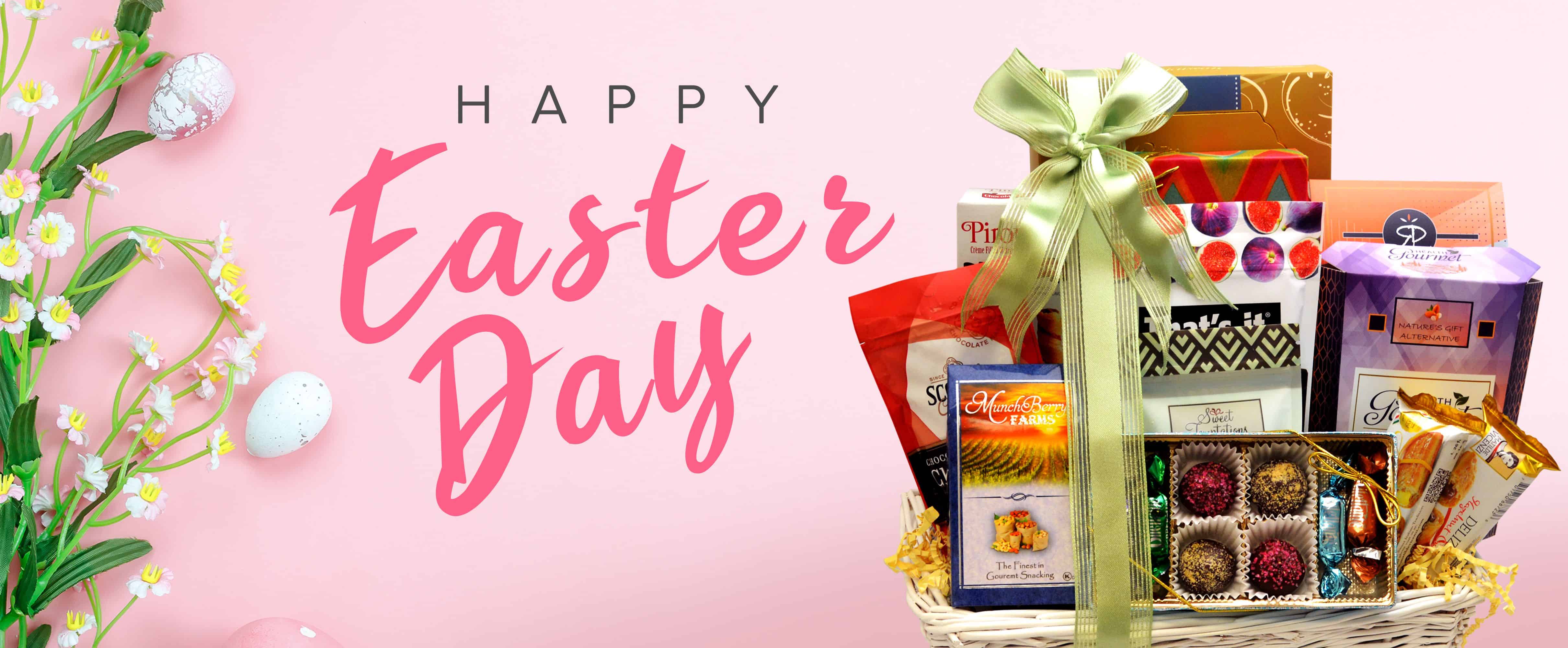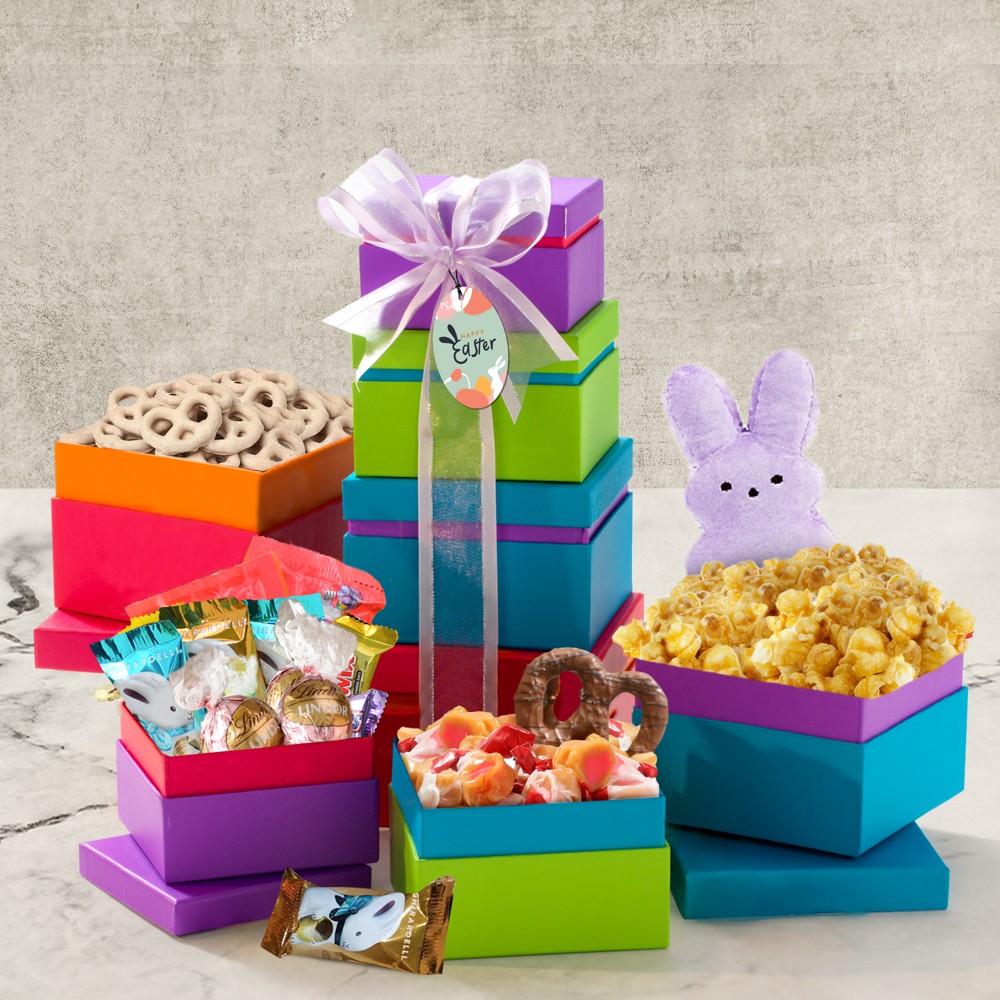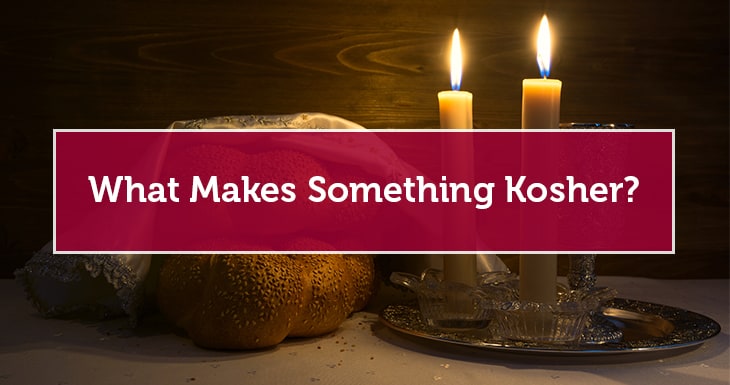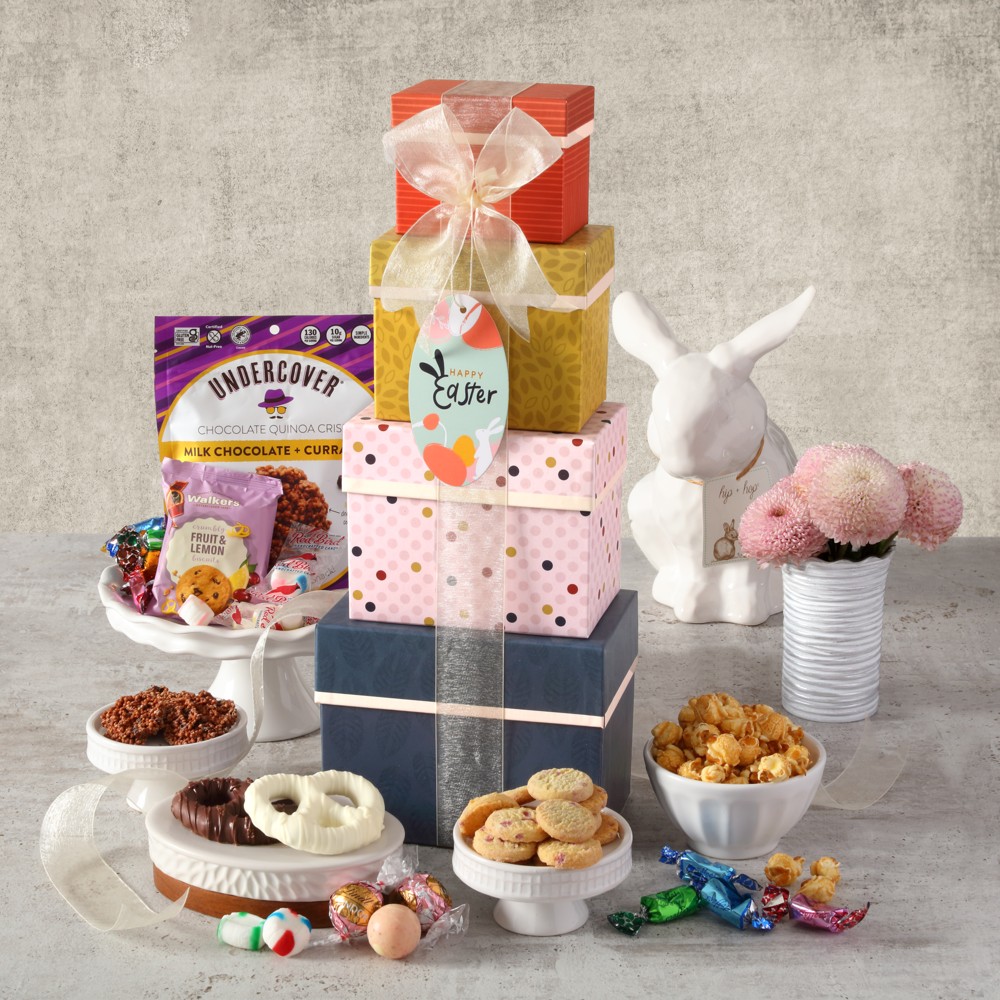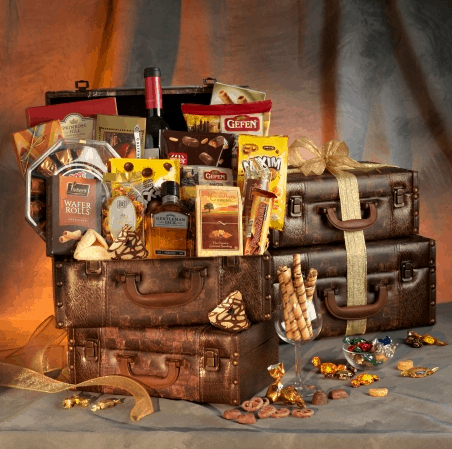In 2024, Rosh Hashanah (The Jewish New Year) is coming up on October 2nd. The Jewish celebration will then conclude at nightfall on October 4th.
We’re guessing that you’re looking forward to enjoying this wonderful holiday with your loved ones while also being able to relate to your spiritual side and make mental preparations for Yom Kippur.
So, you shouldn’t feel bad if you don’t know that much about Rosh Hashanah - you’re not the only Jewish person in this situation out there, after all.
And if that’s the case for you and you would like to learn more about this holiday, here are 8 Rosh Hashanah traditions you should know about:
Candle-Lighting
Candle-lighting is an important part of Rosh Hashanah, and it’s a common tradition that takes place on numerous Jewish holidays.
Essentially, women and girls light candles on each evening of Rosh Hashanah, and recite prayers while doing so.
When the candles are lit on the second night or after nightfall on the first night, you need to make sure that an existing flame is used. If you’re not sure how to do that, you can try using a yahrzeit candle.
And if you want to make sure you get the candle-lighting times right, you can use Chabad.org to get the exact candle-lighting times for your area.
The Shofar-Blowing
If you don’t know what a shofar is, it’s basically the horn of a kosher animal that had its marrow removed. Generally, the horn of a ram is used.
One of the main commandments of Rosh Hashanah is that you need to hear the shofar being blown on both mornings of the holiday. However, if the first day of Rosh Hashanah falls on Shabbat, the shofar will be blown only on the second day.
It’s usually recommended to hear the shofar being blown at your local synagogue during the morning prayer service. As a general rule of thumb, only adult males are under obligation to hear the shofar, but women and small children are encouraged to participate as well.
If you’re curious why, it’s because the blowing of the shofar is considered to be a spiritual act that speaks to the soul of every Jewish person.
The event itself first takes place after the Torah has been read (around 30 shofar blasts), and before the Musaf prayer (an additional service that’s recited on Shabbat and other holidays) is recited. Also, it is customary to blow the shofar a few more times during the Musaf prayer and immediately afterwards too (up to 70 shofar blows).
And if you just can’t make it to a synagogue in the morning, don’t worry – there’s a workaround. All you need to do is get in touch with your local Chabad center, and they might be able to have a shofar-blower pay your home a visit.
Tashlich
This custom takes place on the first afternoon of Rosh Hashanah – unless that day doesn’t happen to be the Shabbat, that is. During Tashlich, people of Jewish faith usually go to a body of water, where they will perform the ceremony of “casting away their sins” into the water. Usually, it’s enough to throw bread crumbs in the water.
If you even want, you can make a list of the sins you want to “throw away,” and you can have your kids do the same. And no, you don’t have to throw the list in the water. You can actually throw it in the trash, since paper acts as a pollutant in the water.
If that sounds weird to you, keep in mind this tradition is related to the well-known verse: “And You shall cast their sins into the depths of the sea.” So, it’s more of a symbolic custom, but one that is truly meaningful for anyone who wants to feel connected to Rosh Hashanah.
Customary Greetings
Yes, specific greetings are an important custom of Rosh Hashanah. Though, they’re not too hard to remember.
Basically, before Rosh Hashanah, you can use the following greeting: “Ketivah v’chatima tovah.” That pretty much means “A good inscription and sealing [in the Book of Life].”
Afterwards, there are 2 kinds of greetings you’ll use on the first night of this holiday:
- “Leshana tovah tikatev v’tichatem” – This greeting is used for males.
- “Leshana tovah tikatevee v’tichatemee” – This greeting is used for females.
Both greetings translate to something along the lines of “May you be inscribed and sealed for a good year.” Overall, it’s a nice thing to say to your friends and family, and to other members of your Jewish community, as it will really enhance the feeling of belonging to said community.
And starting on the first noon of Rosh Hashanah, you can use this greeting: “G’mar chatimah tovah.” That roughly translates to “A good final sealing.” It’s customary to use this greeting until Yom Kippur, since that’s when your fate for the new year is supposed to be sealed.
Trying Out Something New
Another custom is trying out something new right before the holiday or after. You could try a new hobby, learn how to play a new game, or just go and visit a place you’ve never been to.
You can even buy new clothes before the holiday, and just wear them for the first time during Rosh Hashanah.
Why do people do this, you ask? It’s mostly because it’s meant to emphasize the “newness” of the year. Also, doing or learning anything new is considered to spark conversations with other members of the community about what other new things might happen during the coming year.
Rosh Hashanah Cards and Family Pictures
In many Jewish families, Rosh Hashanah is celebrated by sending out holiday-themed cards to loved ones. Children are usually involved in choosing the cards. Some are even allowed to draw them. Older children generally have the responsibility of writing personal messages on these cards.
What’s more, it’s also customary for kids to make their own personal Rosh Hashanah cards, which they will give out to family members and friends.
Another tradition many Jewish families celebrate on Rosh Hashanah is the family photo. They take such a photo before each Rosh Hashanah, and then compare last year’s photo with this year’s one.
They do that to better reflect on what has changed for them over the previous year.
We definitely recommend taking a family photo, as it will strengthen the bond you have with your family members. Even if you haven’t taken such a family photo up until now, it’s never too late to start doing it.
“Teshuvah”
Right before Rosh Hashanah, it’s customary to have discussions on “Teshuvah” with your loved ones. “Teshuvah” basically means “Repentance,” and the idea is for all family members to apologize to one and the other for any bad incidents that took place between them during the past year.
Furthermore, adults and children both make lists with classmates, work colleagues, and friends to whom they want to apologize.
This is also the time when families tend to have discussions about the future, and make family resolutions for the upcoming year.
Rosh Hashanah Festive Meals
When it comes to Rosh Hashanah festive meals, you’re definitely in for a treat. But before we get to that, you should be aware that festive meals are eaten on every night and day of the holiday. Also, before you can start eating, it’s customary to recite Kiddush over wine, and follow up by saying the blessing over bread.
As for the food itself, here’s what you’re going to enjoy:
Apples Dipped in Honey
On the first night of Rosh Hashanah, it is traditional to eat slices of apple that were dipped in honey to begin the meal.
Oh, and keep in mind that before you actually eat the apple, people generally make the ha’eitz blessing. After doing that, you should say “May it be Your will to renew for us a good and sweet year.”
Round Challah Dipped in Honey
We know you might be a bit confused if you’re new to this, as round challah is usually just dipped in salt.
Well, on Rosh Hashanah (and other holidays as well), round challah is customarily dipped in honey instead, to sweeten it.
Fish or Ram Heads
Okay, you might not fully enjoy eating a part of a fish head or ram head (or any other kosher animal’s head) – not many people do, in fact.
Still, it’s customary to do this on Rosh Hashanah. Why? Because it expresses the wish that “we be a head and not a tail.”
That pretty much symbolizes the willingness to move forward and make progress in the upcoming year instead of just lingering in the past year.
In case you’re a vegetarian, though, you can substitute the animal head with a head of cabbage or garlic.
- Pomegranates - During Rosh Hashanah, many people eat pomegranates because they believe they will be full of merits the upcoming year just as the fruits are full of seeds.
- New Fruit - It’s traditional to eat “new fruit” on the second night of the holiday, right before breaking bread (and dipping it in honey, of course). What that means is that you get to eat something you haven’t tasted since the last time it was in season.
Pomegranates are a good example, actually, as they’re often used as “new fruit” on Rosh Hashanah.
Overall, Just Keep It Sweet
As you’ve probably noticed, a running theme for Rosh Hashanah is the fact that people eat plenty of sweetened food, or just sweets in general. If you don’t know why, the answer is quite simple.
The idea is to eat sweet things, as it symbolizes your desire to have a sweet year (a good year, essentially). Also, this goes hand in hand with the fact that some people wish each other “Shana Tova U'Metukah,” which roughly translates to “A good and sweet new year.”
Plus, according to tradition, you should avoid eating nuts (because they are salty and cause you to salivate, thus making praying difficult) or any sharp foods that are vinegar-based (like horseradish, for instance) on Rosh Hashanah to avoid having a “bitter year.”
Looking for a Way to Make This Rosh Hashanah the Most Memorable One?
Now you know the importance of eating sweet food on Rosh Hashanah, and you’re probably thinking this holiday will be the perfect occasion to surprise your loved ones with some sweet treats as well.
Still, why settle for sub-par supermarket sweets when you can impress your friends and family with gourmet-tier sweets instead?
For example, this Shana Tova Gourmet Gift Basket is bound to leave a lasting impression, and show your loved ones just how much you care about them, and how happy you are to celebrate Rosh Hashanah with them.
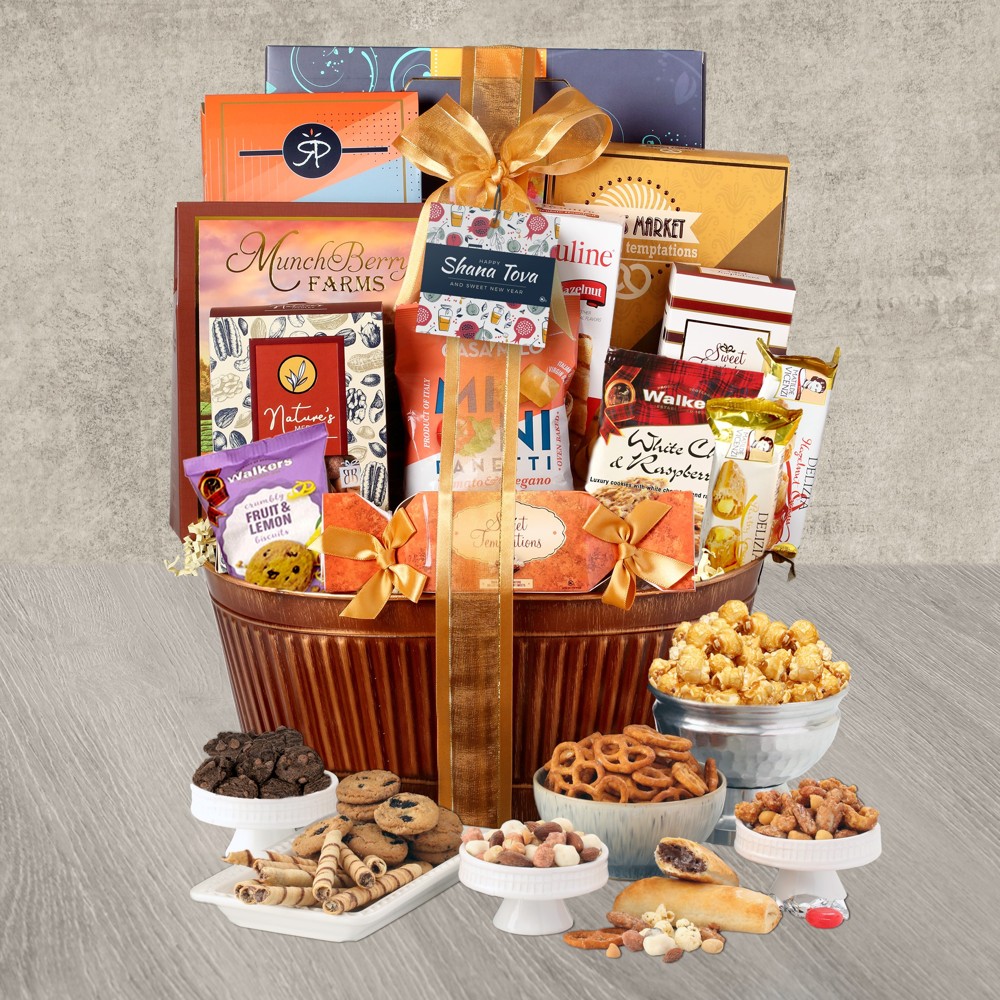
Of course, if you want to make a more grandiose gesture, you can always try out our Rosh Hashanah Wine Basket. Filled with Kosher treats and wine, this basket is sure to make a lasting impression.
We also offer a 100% Satisfaction Guarantee. Basically, if you are not happy with the gift basket, you can get in touch with our customer care team to get a refund.
 Gift baskets
Gift baskets
 Gift trays
Gift trays
 Gift towers
Gift towers
 Bakery gifts
Bakery gifts
 Wine gifts
Wine gifts
 Spa gifts
Spa gifts




